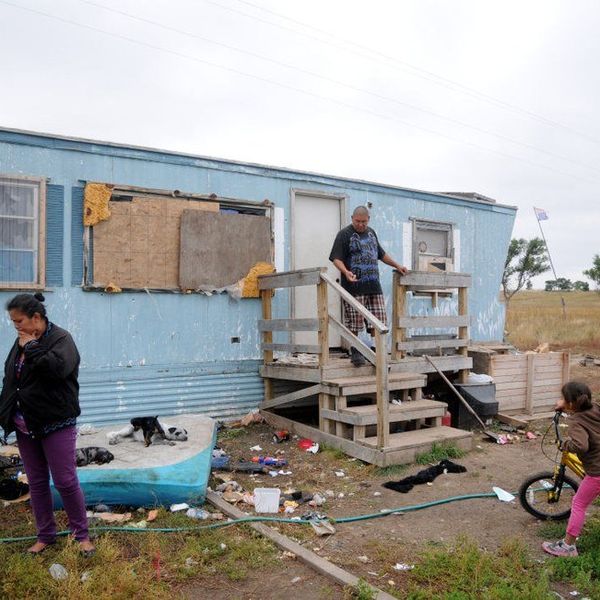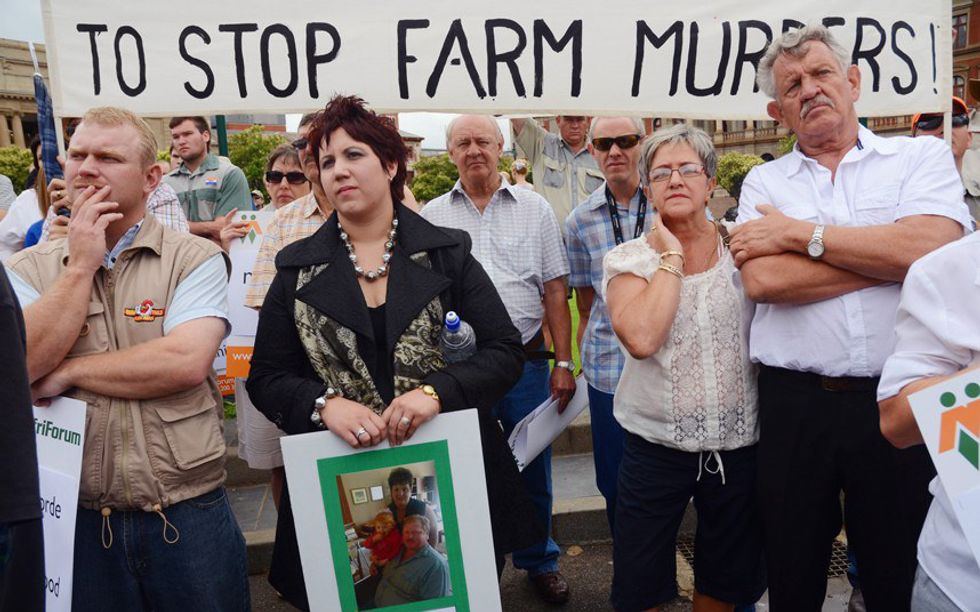After many decades, South Africa apartheid policies are finally over. But, the diverse Nation still faces many problems in modern times that are often overlooked.
South Africa is diverse in just about every sense: There are 11 official languages, community leaders (including rabbis), traditional chieftains, returned exiles, and housing ranges from mud huts to gated communities.
In 1994 is when the modern South Africa came to be. This was when the white minority rule was ended by the African National Congress (ANC). This ended the apartheid policies that had been in place since 1948, enforced by the Nationalist Party.
From 1948 to 1994, the government implemented social engineering tactics that separated white and black communities by law. Also, the resettlement of South Africans, by the apartheid policies, resulted in thousands of deaths and caused instability in already hostile neighboring countries.
But once the apartheid government ended, South Africa’s problems were far from over. The problem is, however, most of the world doesn't know South Africa still faces many post-apartheid issues.
South Africa has one of the biggest economies in Africa, and it’s part of the BRICS club. The BRICS club is for the developing economies of Brazil, Russian, India, China, and South Africa. But, in the global recession of 2008, the mining industry took a substantial hit; it has yet to fully recover.
Resulting, many South Africans are living in poverty. So, land redistribution is a big problem. With many white-owned farms still prevalent in the country, the ANC seeks to take this land back. But, the whites are being killed on their farms for their land. And, the U.N. has put South Africa on the genocide watch list because of the killings of the farm owners. Though the government has announced there will be new legislation to solve this problem.
And finally, South Africa faces a major HIV/AIDS problem; ranking among the second highest in the world. About one in seven of South Africa's citizens are infected with the HIV virus. But, all treatments for the virus are free to the citizens under state-subsidization.
In all South Africa is a diverse place with a lot to offer. But, just because the apartheid days are over doesn't mean all is well in the country. The world must keep a close eye on the African nation if it’s to ever prosper to a new height.
























